Everything You Need To Know About Alcohol & Running
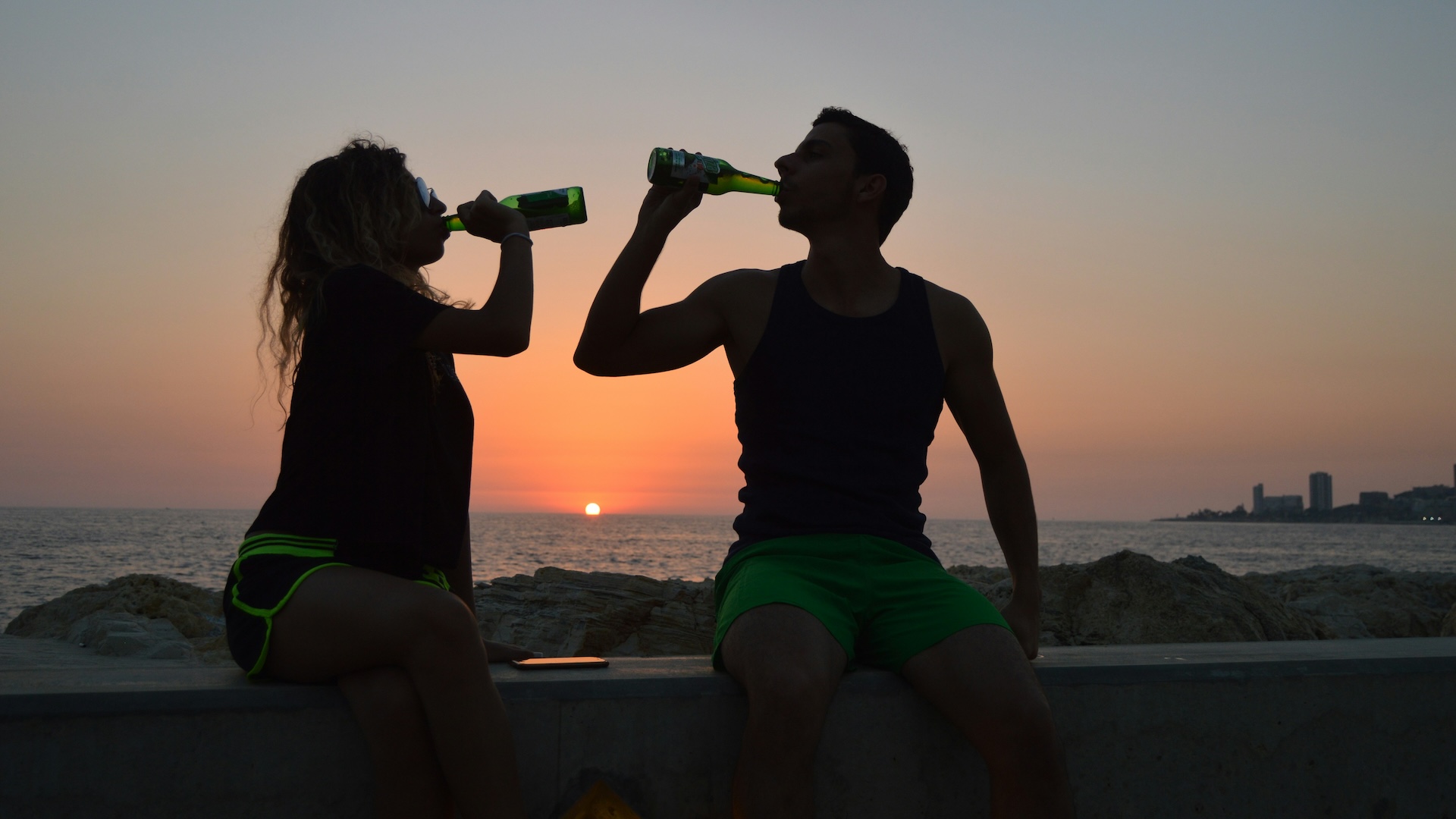
Whether it’s a glass of wine with dinner, a cold beer after a long run, or a cocktail with friends, a lot of runners enjoy a regular glass of alcohol. But how does alcohol affect your body and your running?
In this article we’re looking at the following topics:
- How does alcohol affect the body?
- How does drinking alcohol make you dehydrated?
- Can you ‘sweat out a hangover’?
- Does alcohol affect running performance?
- What happens if you drink alcohol after running?
- Are alcohol-free drinks good for runners?
- Top tips if you plan on drinking alcohol
This article considers everything up to what’s considered to be moderate alcohol consumption of around 7-10 standard drinks or units spread across a week. Anything beyond that comes with increased risks to your health.
HOW DOES ALCOHOL AFFECT THE BODY?
Unfortunately there are no proven physical benefits to drinking alcohol (sorry if you believe that a glass of red wine is ‘healthy’!), and our body metabolises it preferentially as we drink it (in other words: it wants to remove the alcohol from our system). Alcohol is water soluble and can travel all around the body.
The body can process around one standard drink per hour (a pint of 4% beer or small glass of wine), but if we drink faster than that then the alcohol builds up and we begin to feel the effects of it, including changes to our mood, cognition, behaviour and balance (and we get drunk).
One of the main effects of alcohol is that it impairs sleep, which is something anyone who keeps on a wearable device overnight will know.
While there are some calming effects of alcohol which may help us to fall asleep, the quality of the sleep will be poor, meaning we aren’t as refreshed the next day – this can lead us to feeling unrecovered from exercise, or just like we are under-performing in tasks we have to do (whether physical or cognitive).
Alcohol also affects the heart rate (it goes up) and heart rate variability (it goes down), and both of these leave us feeling unrecovered and unrefreshed from sleep. This can happen after just one or two drinks.
We know that alcohol is anti-bacterial (that’s what’s in the hand sanitisers and disinfectant sprays we use), but it’s indiscriminate about the bacteria it kills, meaning alcohol can affect the good bacteria in our gut microbiome. Alcohol can also suppress your immune system.
And one of the other main effects of alcohol is that it is dehydrating – in fact, as we’ll see, dehydration is one of the main causes of hangover symptoms.
HOW DOES DRINKING ALCOHOL MAKE YOU DEHYDRATED?
If beer is around 95% water, and you drink a couple of pints of it, then how does that leave you dehydrated?! Well, the other 5% of a beer is alcohol, and alcohol is a diuretic, and that means it makes us pee.
But it’s not a case of ‘one drink in, one drink out’, and our kidneys pull more water from our body than we consume, and that’s what makes us dehydrated.
Those extra pees, plus all the liquid you drink, also dilutes your electrolyte balance, which is one reason why we crave salty food after a drink.
CAN YOU ‘SWEAT OUT A HANGOVER’?
A hangover is a combination of symptoms that we feel after drinking alcohol, including a headache, dehydration, tiredness, nausea and an uneasy stomach.
Many of the symptoms of a hangover are related to dehydration (and most of the others come from a lack of good sleep). Going for a run or doing some exercise which makes you sweat is only going to increase your dehydration, so you cannot sweat out a hangover – in fact, it’s probably going to make you feel worse.
It’s much smarter to focus on hydration, including replenishing electrolytes. Once you’ve done that, then exercise can help release some feel good chemicals which can help us to feel better.
DOES ALCOHOL AFFECT RUNNING PERFORMANCE?
Well it doesn’t help running performance, and this study showed that athletic performance may be reduced by 11% with a hangover.
Unlike caffeine, which has proven performance benefits, there are zero performance benefits from alcohol, especially if you drink before or during exercise, which could be very dangerous because it increases your heart rate and impairs your balance and decision-making, as well as other detrimental effects.
If we have one or two standard drinks the night before a run or race, then it’s unlikely to affect us too much (though isn’t advisable if you’re after a new PB!). Drinking more than that can be detrimental to our performance.
If we run or exercise the day after drinking, then we will likely have had poor sleep and will be dehydrated, plus we may feel nauseous and have increased chances of GI distress (that’s a runner’s euphemism for needing to poop!).
Theoretically those things shouldn’t physically impact our performance over shorter runs, but if we don’t feel good then they will negatively affect us and reduce our capacity for endurance or speed.
WHAT HAPPENS IF YOU DRINK ALCOHOL AFTER RUNNING?
You’ve finished a run or you’ve completed a race and want to celebrate with something cold and fizzy, so you grab a beer.
Like we’ve seen, that’s going to lead to more dehydration, plus on an empty stomach you are likely to feel the effects of alcohol much quicker.
Refuelling and rehydrating properly (with something non-alcoholic) should be the first priority to help recovery after exercise.
Alcohol can affect your recovery from exercise, primarily because the quality of your sleep will be impaired – and it’s during sleep that we get the maximum recovery benefits. So those post-run cocktails may lead to sore legs as well as a sore head.
Sometimes, however, we should step back from the science. If having a drink after a race makes you feel good, then go for it. Just know that tomorrow your muscles might be a little more sore, you may be extra tired, and need a few recovery days. Just make sure you drink water and electrolytes, and have a big meal to help replenish the calories you’ve burnt – and ideally do this before the first or second drink.
ARE ALCOHOL-FREE DRINKS GOOD FOR RUNNERS?
Good news: alcohol-free beer might be one of the best drinks for runners!
It’s both rehydrating (about the same as drinking water) and it contains a few carbs which are important after exercise, though we should say that it’s not enough carbs to count significantly towards your recovery.
There’s research that the polyphenols in hops and malt can help to reduce inflammation and respiratory tract infections in runners.
It’s also a much healthier choice after a run, so if you’re someone who likes a beer after a run, then start with something alcohol-free and then eat some good food, delaying that pint or glass of wine until a little later in the day.
TIPS IF YOU PLAN ON DRINKING ALCOHOL
It’s probably clear that the best advice is to only drink small amounts of alcohol infrequently, or to avoid it altogether. But that’s advice most of us are willing to overlook in favour of enjoying a glass of Gavi or our favourite pale ale.
If you know you’re going to be having a drink or two, then consider the following tips:
- Don’t do a hard workout (running or in the gym) before drinking as you will impact your recovery from that effort, negating the potential performance benefits of the exercise
- Eat a meal with a portion of carbohydrates before you drink as this will help to slow the absorption of alcohol into your system
- Drink water alongside any alcohol, or alternate non-alcoholic drinks with alcoholic ones, as this can help you stay hydrated
- Stop drinking as long as possible before going to bed
- Drink water with electrolytes after drinking to replenish the ones you’ve diluted
- Know that you may not be able to perform at your best the next day – whether that’s at work or in a workout. To try and help you feel better with a hangover, try to rehydrate, take electrolytes, and have a nap.
***
Do you enjoy a post-run pint or glass of wine?
Photo by rashid khreiss on Unsplash

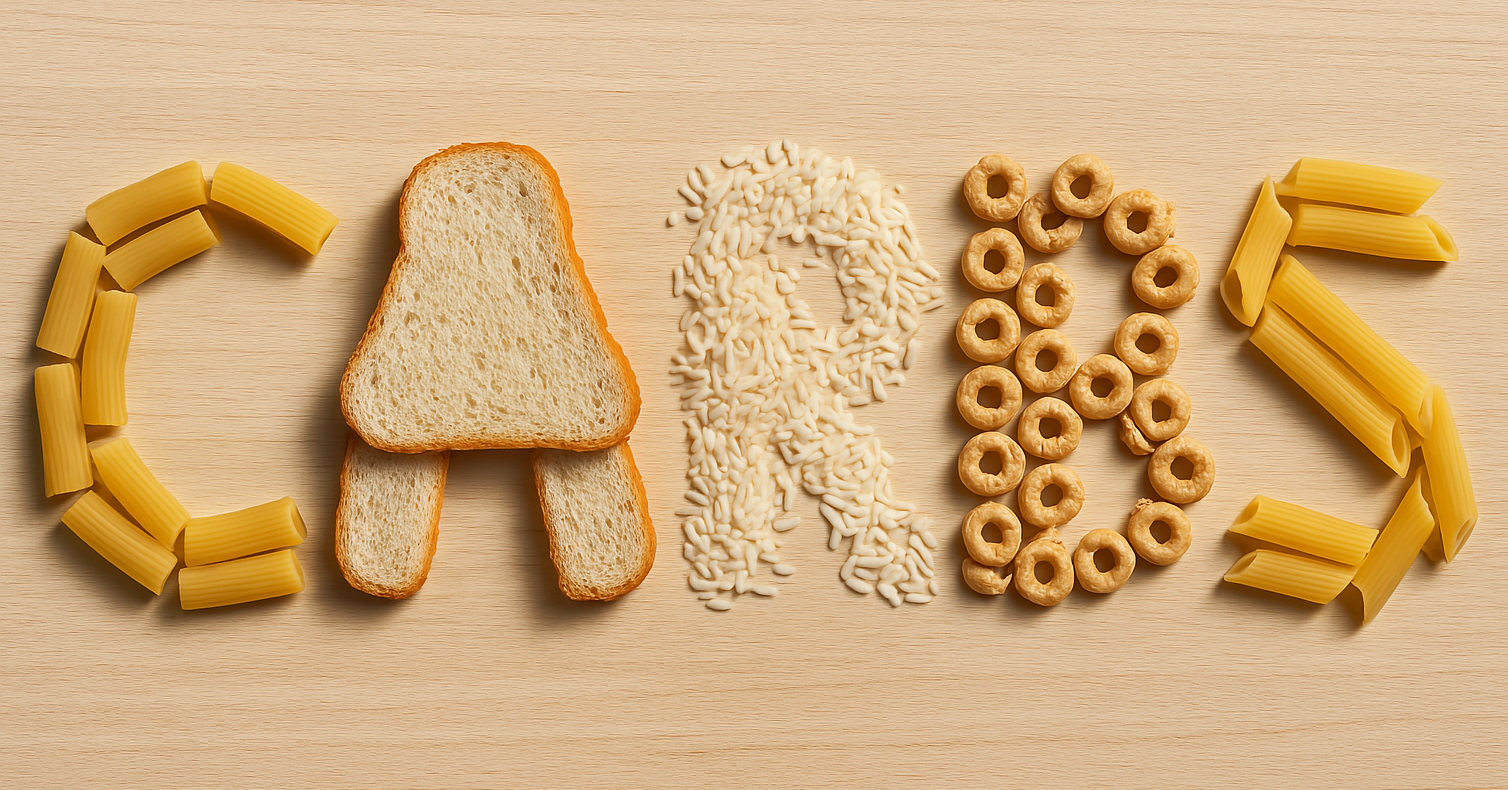
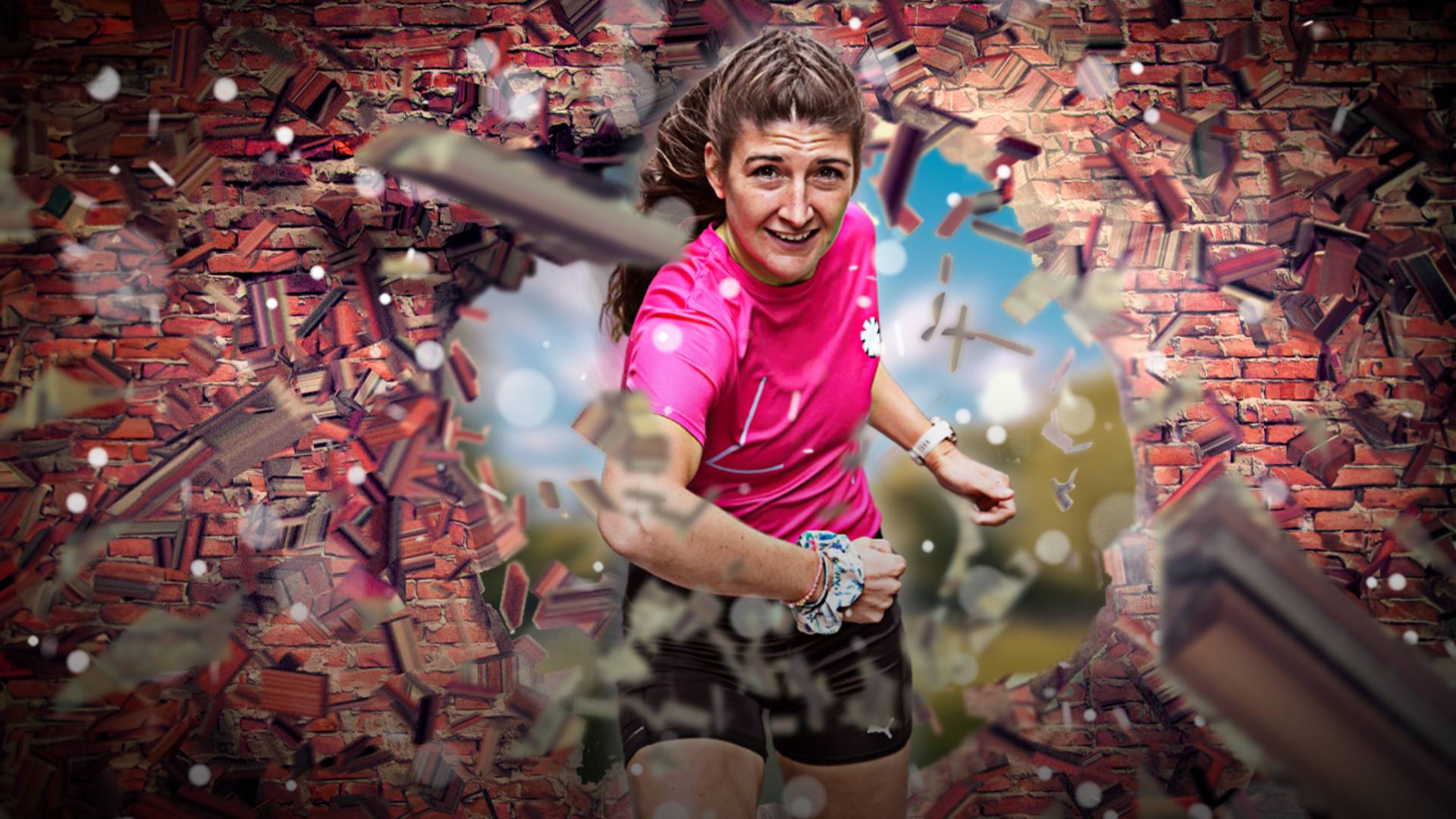
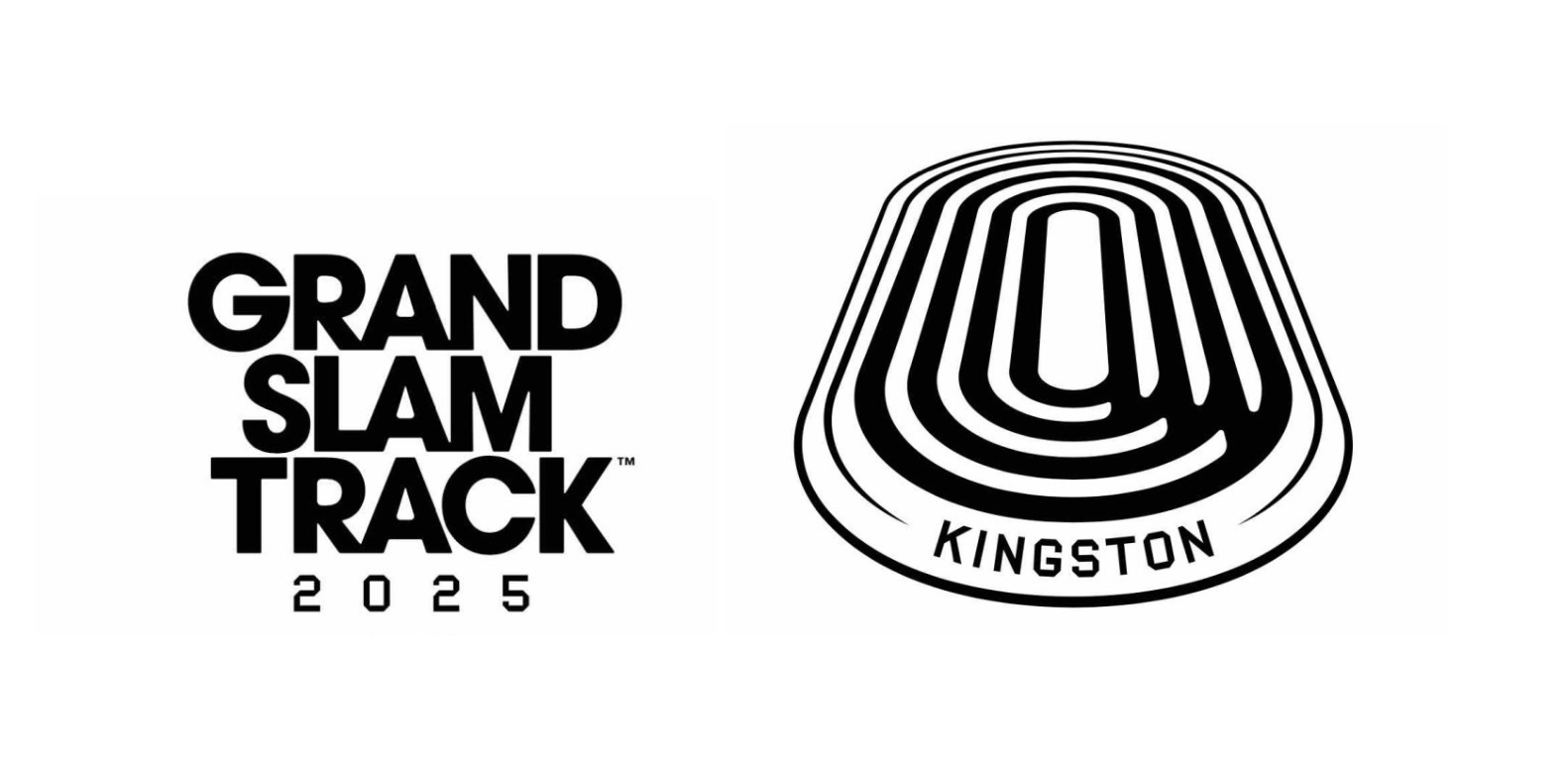
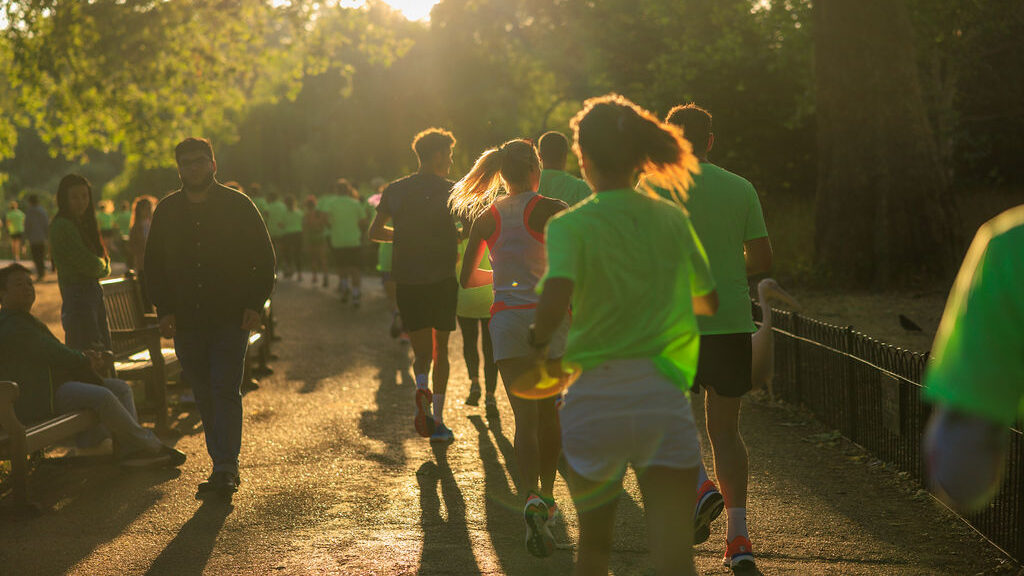
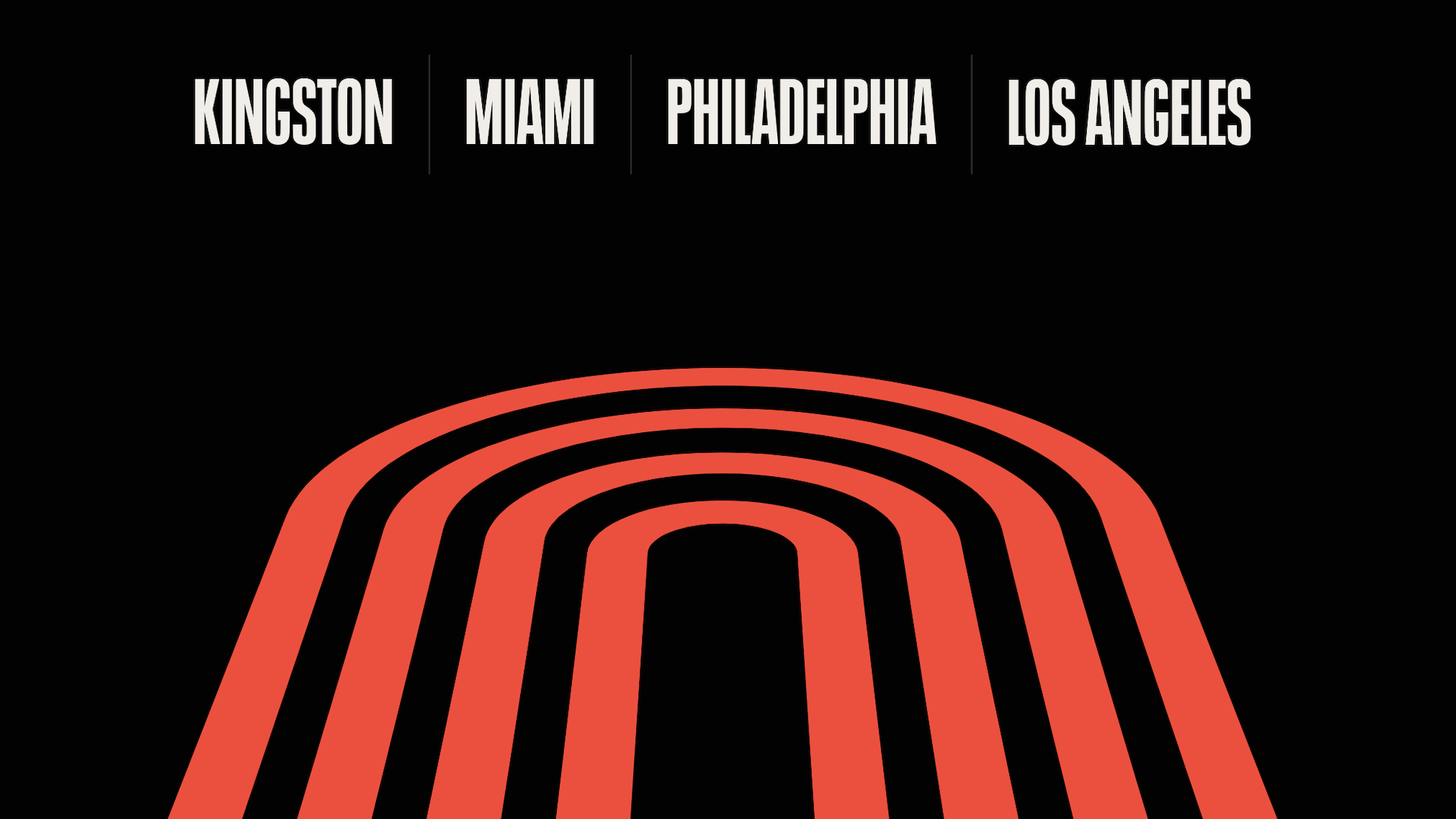




















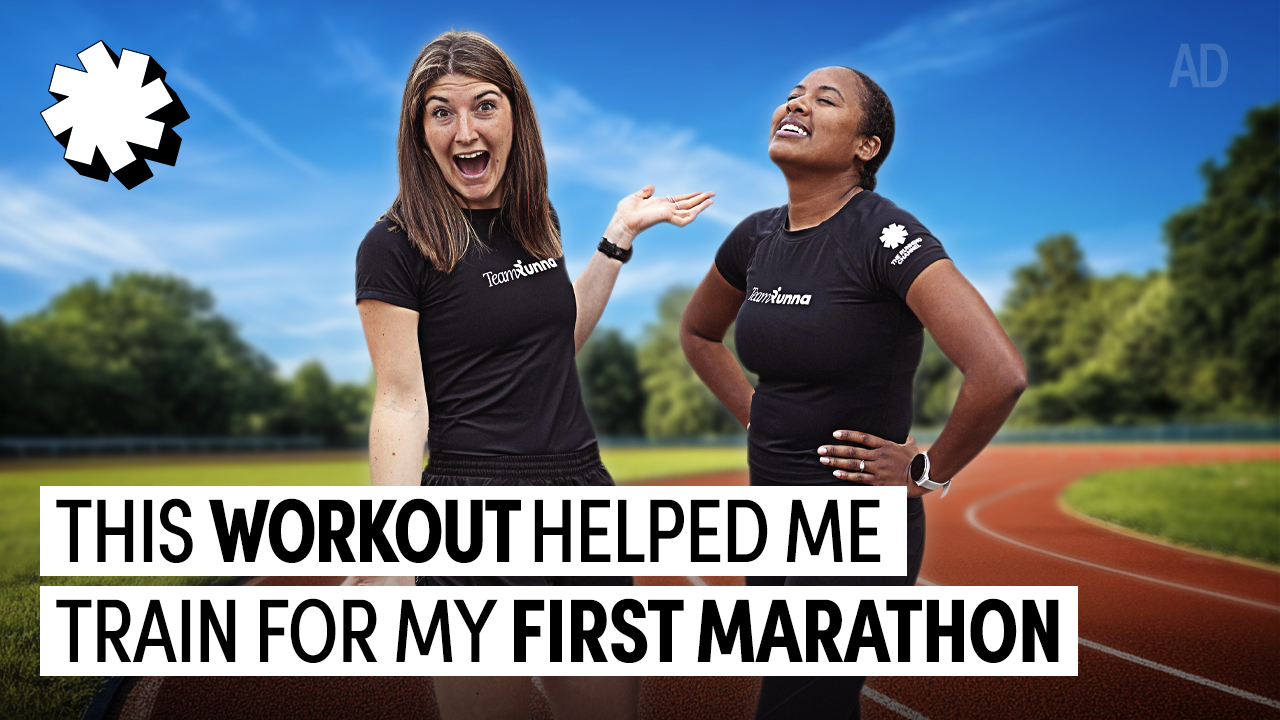

Running News
Ingebrigtsen Stars at World Athletics Indoor Championships 2025 – Plus All The Winners!
Sam Ruthe Is First 15-Year-Old To Run A Four-Minute Mile!
Eliud Kipchoge Will Run The 2025 Sydney Marathon!